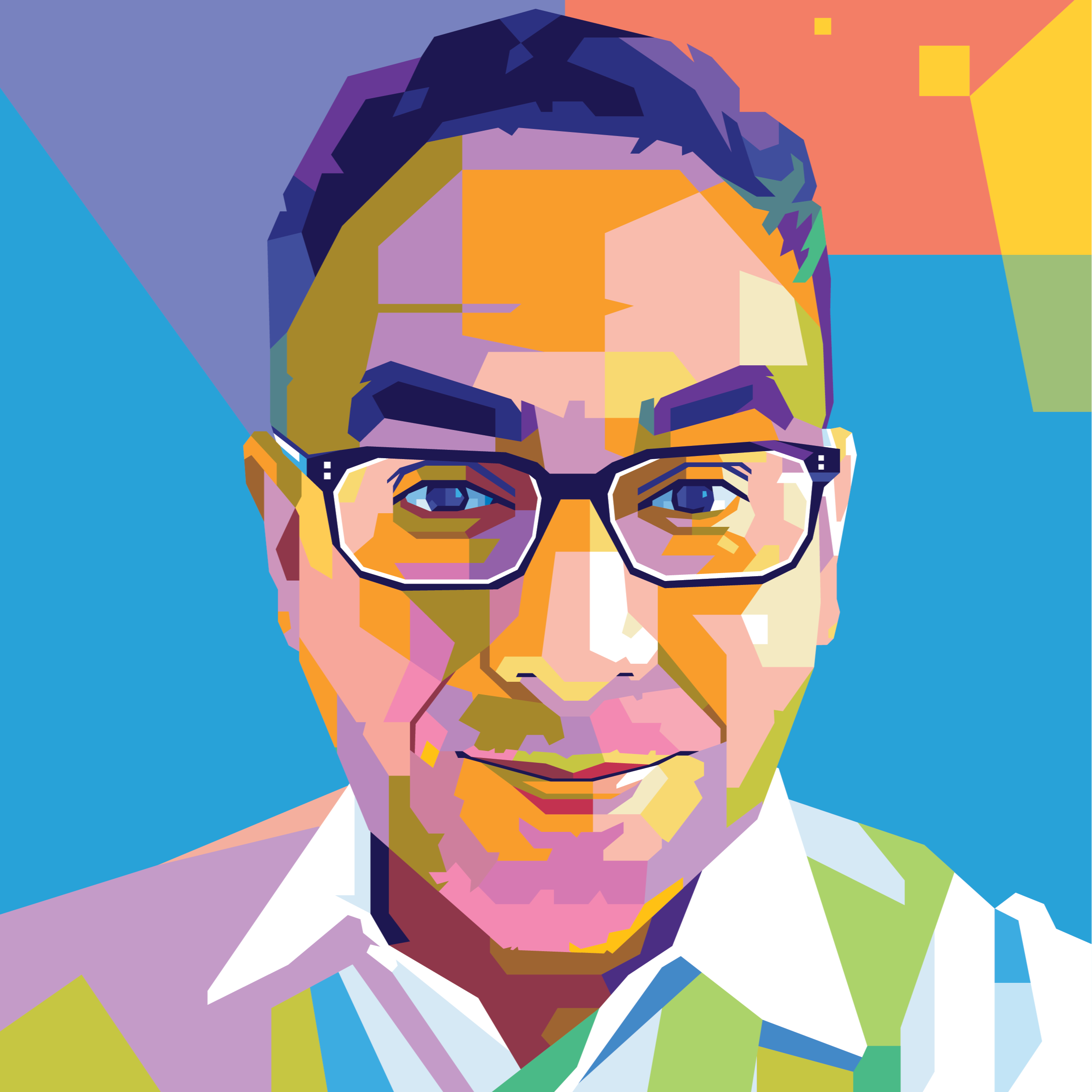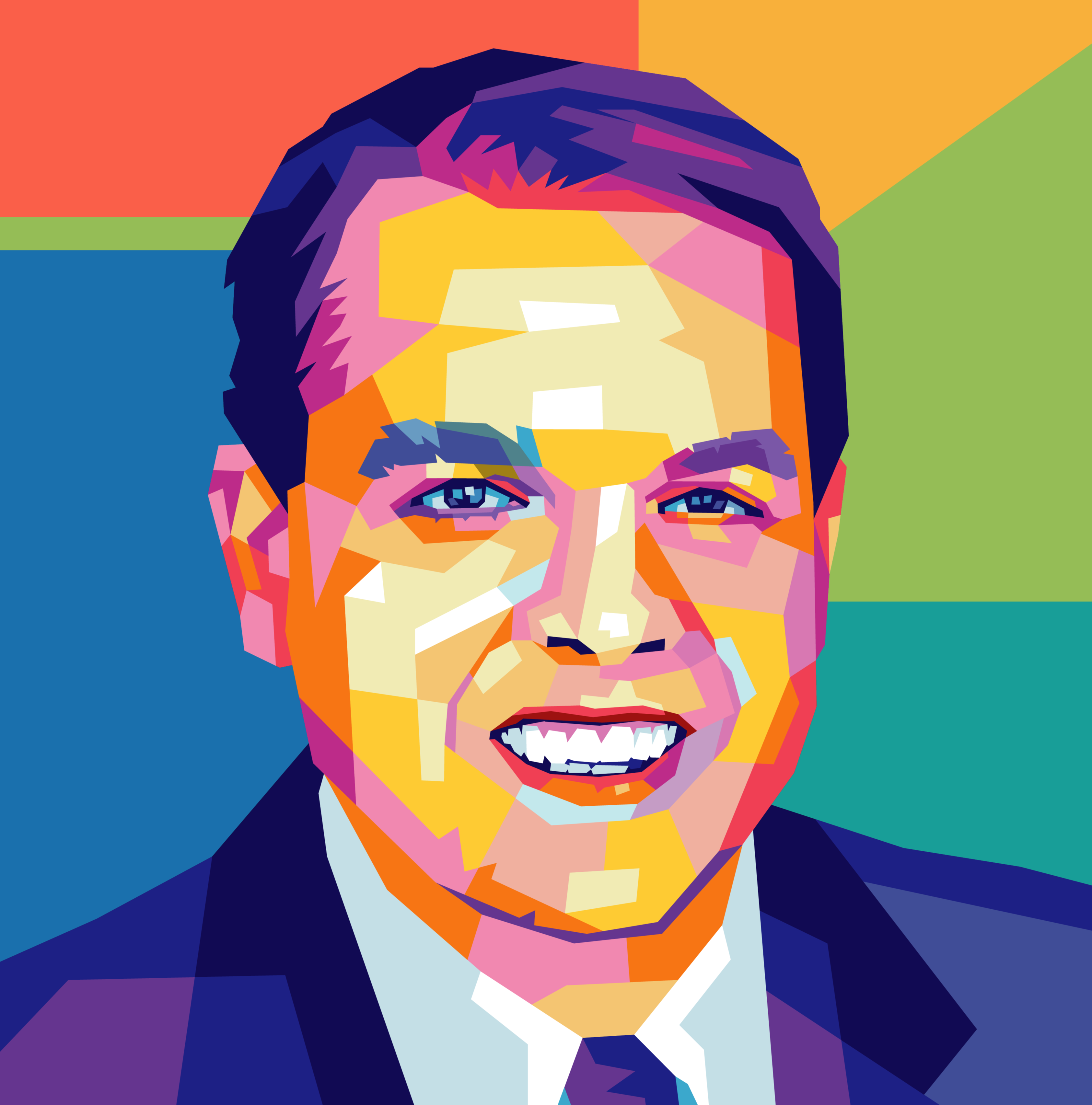David Wood entered the financial services industry in 1986.
He founded Gateway Financial Partners in 1994 and remains the Chief Visionary Officer of the firm. David knows quite a lot about running a successful advisory business. I caught up with him in Las Vegas at the MarketCounsel Summit.
David shared some actionable practice management insights that I think you will find helpful. Click on the video below to watch the full interview.

Transcript:
Outsourcing is really important to financial advisors; one of the big trends I see in the industry is very similar to what happened with doctors. In 2002, 75% of physicians owned their practice, and 25% were for a hospital or aggregator. In just nine years, in 2011, those numbers flip-flopped, and today it's almost impossible to find a doctor that owns their practice.
I see the same trend in financial services, where advisors partner with larger organizations to get a lot more scale in their business. That's going to be a big shift for the solo advisor, that today, it's a lot like the doctors did in 2002. So that scale changes the focus of how the advisor can spend more time on revenue-producing activities and ultimately run a more profitable and more scale practice.
As we go into 2023, you know, there's a lot of talk about difficult times. I think one of the biggest challenges that I see in 2023 is; I think the trade-off between growth and profitability. I think 2023 will be an important year for firms that can continue investing substantially in the infrastructure. I think there's really a race for scale today and a race for the opportunity, and I think that the firms that can focus on investment in 2023 versus trying to focus on profitability are going to come out much stronger in 2024 and beyond.
One of the things about the next generation and the financial services industry is it's very, very difficult to get into the financial services industry as a new advisor. I started in 1986. In the 80s and 90s, you could sell $100,000 worth of a mutual fund and make an $8,000 commission and today, if we did that, we'd end up going to jail.
The barrier to entry for young advisors to get in is very, very hard. Then we're faced with the flipside of that, which is that a third of our industry is going to retire in the next ten years. One of the things as organization that we're doing is bringing interns into the business. In the last ten years, our organization has had about 450 interns. That's been one of the big catalysts, I think, for our growth and our ultimate succession. So I think having an internship program is something that advisors should really consider. Also, having multiple interns at the same time is often easier because of the management behind those advisors behind those interns. I think the big thing with the interns is they need to be challenged and if they're getting Starbucks and picking up the dry cleaning, they're not going to be challenged. It's not going to be an effective program if the advisors don’t challenge those interns.
There are tremendous opportunities to not only offer a more sustainable business and practice but find success and ultimately find long-term employees. Many of our team members at Gateway have been with us for ten years and started as interns. What we've done with that is we brought a very strong culture to those employees – maybe they don't have the experience that a tenured person does – they also don’t have the baggage of working in a negative corporate environments.
I would rather find a team member that has a great attitude versus lots of experience in the industry because experience can often bring some baggage to the table. I think I would rather pick that attitude which is an advisor where we can fit into the culture that we have as an organization.
A great action step an advisor could take today would be to do an exercise called “keep, start, stop.” That's an exercise where they should sit down and, for 2023, identify things that they should keep doing, things that they should start doing, and things that they should stop doing. And those things that they want to stop doing, look for partners or ways to outsource – those which are going to be a lot of things that the advisor isn't very good at, things that the advisor doesn't want to do things that the advisors procrastinating doing and ultimately if they can get those off of their plate and focus more time on their clients and their core competency that's going to lead to more successful practice.
This blog is sponsored by AdvisorEngine Inc. The information, data and opinions in this commentary are as of the publication date, unless otherwise noted, and subject to change. This material is provided for informational purposes only and should not be considered a recommendation to use AdvisorEngine or deemed to be a specific offer to sell or provide, or a specific invitation to apply for, any financial product, instrument or service that may be mentioned. Information does not constitute a recommendation of any investment strategy, is not intended as investment advice and does not take into account all the circumstances of each investor. Opinions and forecasts discussed are those of the author, do not necessarily reflect the views of AdvisorEngine and are subject to change without notice. AdvisorEngine makes no representations as to the accuracy, completeness and validity of any statements made and will not be liable for any errors, omissions or representations. As a technology company, AdvisorEngine provides access to award-winning tools and will be compensated for providing such access. AdvisorEngine does not provide broker-dealer, custodian, investment advice or related investment services.







